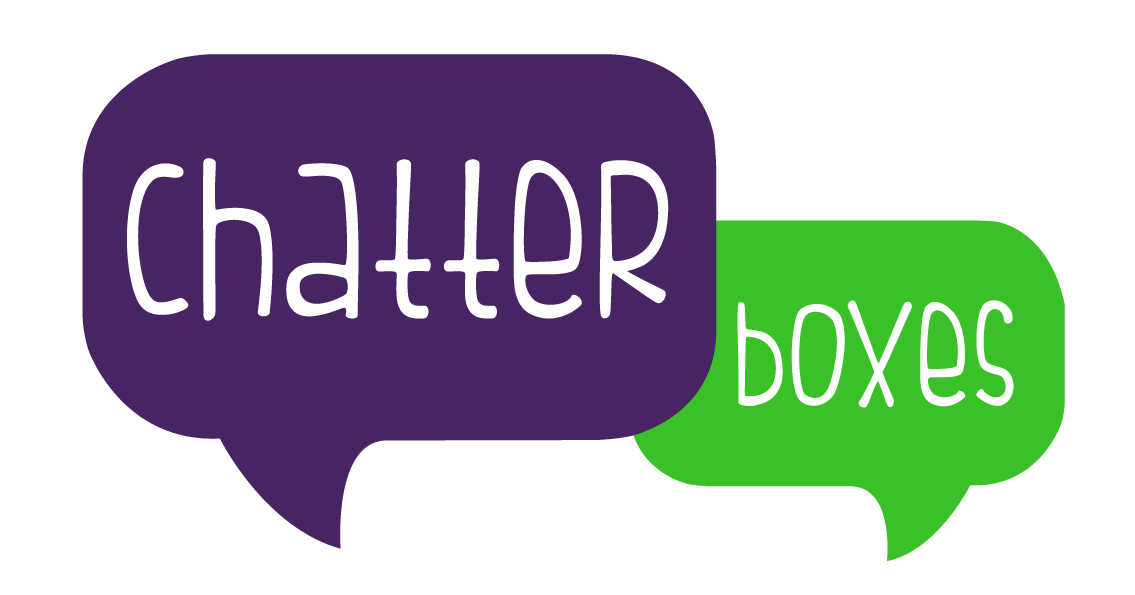We all know that poor vocabulary can be a massive barrier to learning at any age. Oxford University Press found that on average, primary school teachers reported that 49% of year 1 pupils have a limited vocabulary to the extent that it affects their learning (2020). This word gap leads to poorer academic achievement and low self-esteem.
Vocabulary can be great to work on in schools as it can help children across all aspects of the curriculum. Boosting vocabulary will also help every child in your class, but will particularly help children with speech, language and communication needs. At times this can seem daunting, or like it will take lots of time but focusing on a new word using the strategies below for just five minutes will save you lots of time repeating yourself later on!
Teaching new words
When introducing new vocabulary to your class, choose the key vocabulary carefully. These words should be words that the child is likely to revisit or need again in their everyday life. Some of the vocabulary may be too complex or it may be a word that is only relevant in that one topic and so is not as pertinent. These words could be taught as an extension activity to chosen children rather than the entire class.
You may want to think about pre-teaching some relevant words to certain children who have more gaps in their vocabulary. If you have identified some vocabulary that you feel most of your class understand but not some (maybe children with language difficulties or who are new to English), introduce this to them in a small group before the main teaching so that everyone begins the topic with the same level of basic relevant vocabulary.
Introduce each new word one at a time. If you introduce multiple words at once, children may get confused between which words match with which definition, particularly if these are concepts or are opposites.
When teaching a new word, make as many links to that word as possible. Show them a picture if possible. Give them lots of information about that word. Make your definition specific but accessible to their language level. Explain how this word is different to things that are similar. Ask them to use the word in a sentence.
Don’t forget to give phonological information about the word. What sound does it start with? How many syllables? What does it rhyme with? All of this will help the children in your class create more links to this word so that they are less likely to forget it!
To help your class remember the new word, add something memorable. Add an action. Link the word to a funny story or an experience. Make a song up about it. Encourage the children to picture it in their head. Ask them to draw a picture. Link it to things they already know. Things like this will stick in your class’s minds and will hopefully reduce how many times you have to repeat yourself.
Check that the children have understood correctly. Ask them to explain what the new word means to you, another member of staff or a peer. Give your class a script to follow if they are unsure as to how to ask for help.
Finally, revisit the new vocabulary. Revisit these words regularly- later that day, the next day, the next week, as often as possible. This can be done when you have a spare few minutes and will help ALL the children in your class to remember the key vocabulary.
Other tips for boosting vocabulary
- Display key words around the classroom. If you have a little bit of time, play a game where one child gives a definition and another child has to shout out which of the key words they are describing.
- Create word maps. These can be individual or for the whole class and copies can be put on children’s desks to help them be more independent with their learning.
- Encourage reading for pleasure.
- Teach children how to use a dictionary so that they can look up the definition of new vocabulary themselves.
- Make sure your classroom is a safe space for a child to say they do not understand. Show them it’s okay to ask if you’re not sure what a word means. Give them a script if necessary.
- Show an interest in their specialist subjects! They will be able to teach you new vocabulary about what their interested in and will enjoy this role reversal.
- If a child speaks a different language, include the word in their home language on the word map.
- Model higher-level vocabulary by repeating or re-wording sentences with the less familiar word. Encourage your class to ask what these words mean.
- Teach lots of different types of words. Introducing new nouns, verbs, concepts, adjectives and adverbs will allow your class’s vocabulary to flourish in all types of sentences!
- When marking, give specific praise for using interesting vocabulary relevant to each child’s abilities.
- Make it fun! Children are more likely to remember words if they had a fun time learning them. Get the children to clap or make a silly face every time they hear you use a key word.
Check out Our Resources page for ideas and activities to support the children with speech, language or communication needs in your class.
References
Oxford University Press – Word Gap – Oxford Language Report (oup.com)
